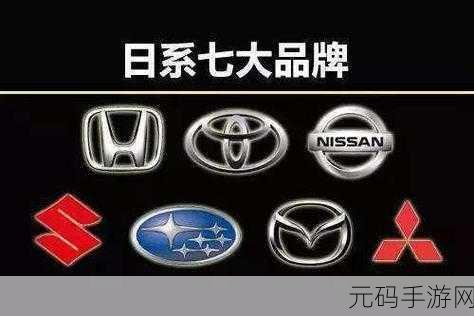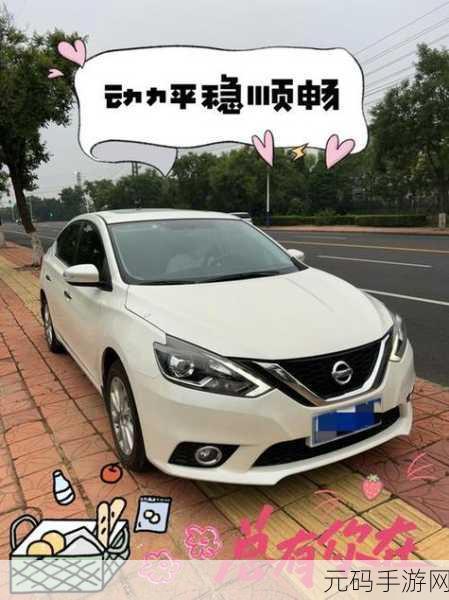日产精品一线、二线与三线区的区别
日产汽车在全球市场中以其卓越的品质和先进的技术享誉盛名。对于消费者而言,选择合适区域内的车型不仅关乎品牌形象,还涉及到价格、配置以及售后服务等多方面因素。因此,了解日产精品的一线、二线及三线区之间的差异显得尤为重要。
产品定位与目标客户群体
一线城市通常代表着经济最发达地区,这里的消费者偏好高端豪华车型,对车子的性能、美观及科技配备有较高要求。针对这一需求,一系列旗舰车型如天籁和轩逸便应运而生,以满足追求舒适性和驾驶体验的人士。在这种环境下,车辆往往设计精美且功能齐全,包括智能化导航系统、高级音响设备,以及更多安全辅助功能。

相比之下,二线城市则更注重实用性,在预算相对有限的情况下仍希望获得良好的驾乘体验。这类用户大多关注燃油经济性以及保养成本,因此常选择一些亲民但又不失档次感的小型SUV或紧凑型轿车,如逍客或骐达。这些车型拥有合理配置,同时考虑到了各类日常使用场景,使得购车者可以在质量与价格间找到平衡点。
至于三线城市,其消费水平较低,但随着居民生活方式改善,对于汽车也开始逐渐增加投放兴趣。在这一层面上,更加简单、耐用,并具备基础通勤能力的小型车受到青睐,比如阳光或玛驰等入门级别车型。这些车辆虽然可能缺少高级配置,却能很好地满足代步需求,非常符合实际情况。

售后服务网络差异
Selling services are an important consideration when purchasing a vehicle. In first-tier cities, Nissan has established comprehensive service networks and provides customers with quick response times for maintenance and repairs. This ensures that car owners have access to high-quality after-sales support, which is crucial for maintaining the performance of their vehicles.
The second-tier city market also enjoys decent after-sales services, but there may be fewer authorized dealerships compared to first-tier cities. However, many consumers still find it convenient due to competitive pricing on parts and labor costs at local garages or workshops where they can get reliable servicing without breaking the bank.
This trend continues in third-tier cities; while some areas might lack professional repair shops associated directly with Nissan, independent mechanics often offer affordable alternatives. For budget-conscious buyers who prioritize initial purchase price over long-term brand loyalty or luxury experience, these options could become quite appealing.
政策支持与补贴措施
Nissan actively collaborates with various governmental bodies across different regions aiming for sustainable development initiatives such as electric vehicles (EV). First-tier urban centers tend to receive more government incentives when transitioning towards greener technologies like EVs than lower tier markets do—typically involving tax breaks alongside subsidies specifically intended toward infrastructure improvements related charging stations installation etc., making ownership cheaper overall if going down this route.
Beneath those layers lies potential growth opportunities awaiting eager entrepreneurs developing niche businesses catering electric cars' needs including solar-equipped solutions off-grid setups facilitating eco-friendly lifestyles further enhancing sustainability factor contributing positively community welfare equilibrium!
The emergence of new energy vehicles presents both challenges & opportunities throughout automotive industry especially focusing how traditional brands position themselves adapting emerging consumer behaviors embracing responsible living standards – prioritizing environmental consciousness above everything else moving forward we see shifts happening already shifting perceptions around cost-effectiveness complemented improved technology offering smarter experiences integrating seamlessly within daily lives increasing demand inevitably leads transformation landscape current offerings available matches lifestyle choices made today influencing future generations tomorrow’s drivers ride comfortably knowing every mile traveled minimizes impact environment surrounding them!
热议话题:- Nissan新能源汽车如何影响市场格局?
- Nissan主打小型SUV的新策略分析
- Tier 1 vs Tier 2: 如何做出明智的买车决策?



